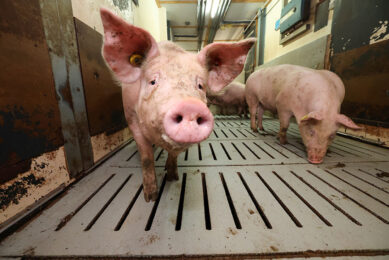Cardiff Uni launches device to detect E. coli, Salmonella
A chemical which lights up fireflies, developed by Cardiff University, Wales, UK, is being used to develop a device for detecting bacteria like Salmonella, E. coli and Listeria in contaminated food.
The university’s Bioluminescent Assay in Real-Time (Bart) tests quickly for bacteria, something normally carried out in a laboratory, the BBC reports.
Food is placed inside the device and the bacteria triggers luciferase, which is found in fireflies, to produce light. The device can produce results in ten minutes to an hour, depending on the number of organisms being tested for.
Fireflies are known for the light emitted from their abdomens. The colours result from a chemical reaction known as bioluminescence, used to attract mates and prey.
The device has been jointly invented by Prof Jim Murray, Cardiff University, and Dr Laurence Tisi of technology company Lumora.
E. coli, Salmonella and Listeria are known food-borne pathogens, which can be found in raw meat, like e.g. pork, poultrymeat and beef.
Related websites:
• Cardiff University
• BBC











